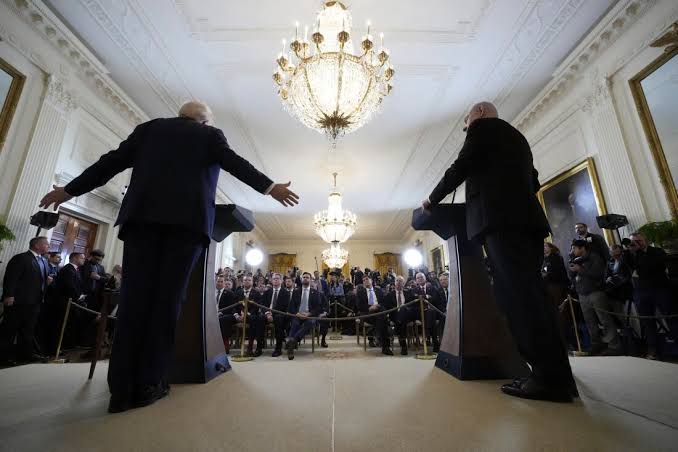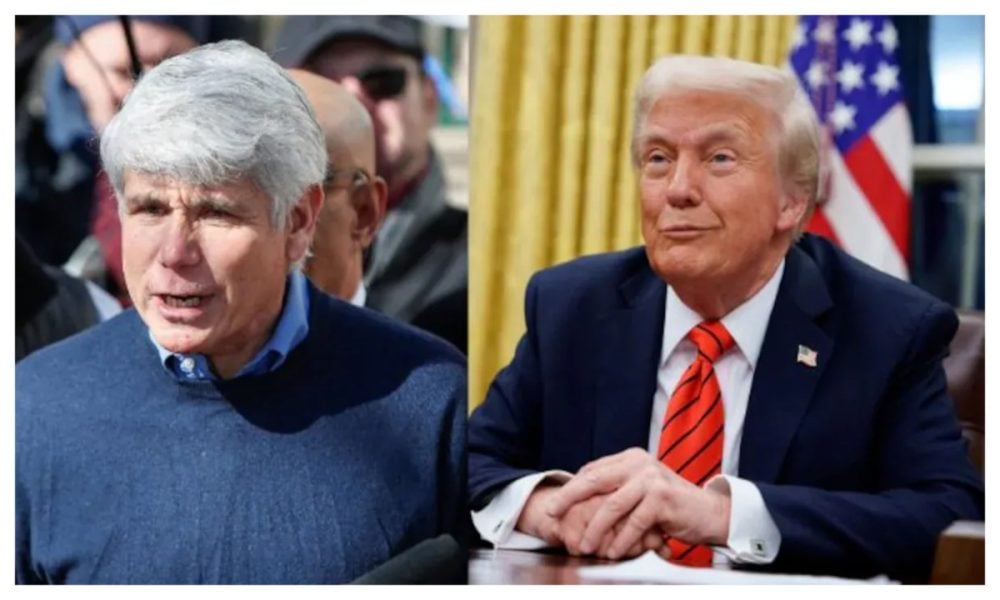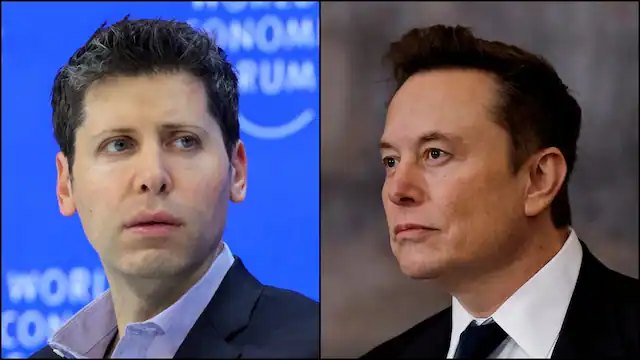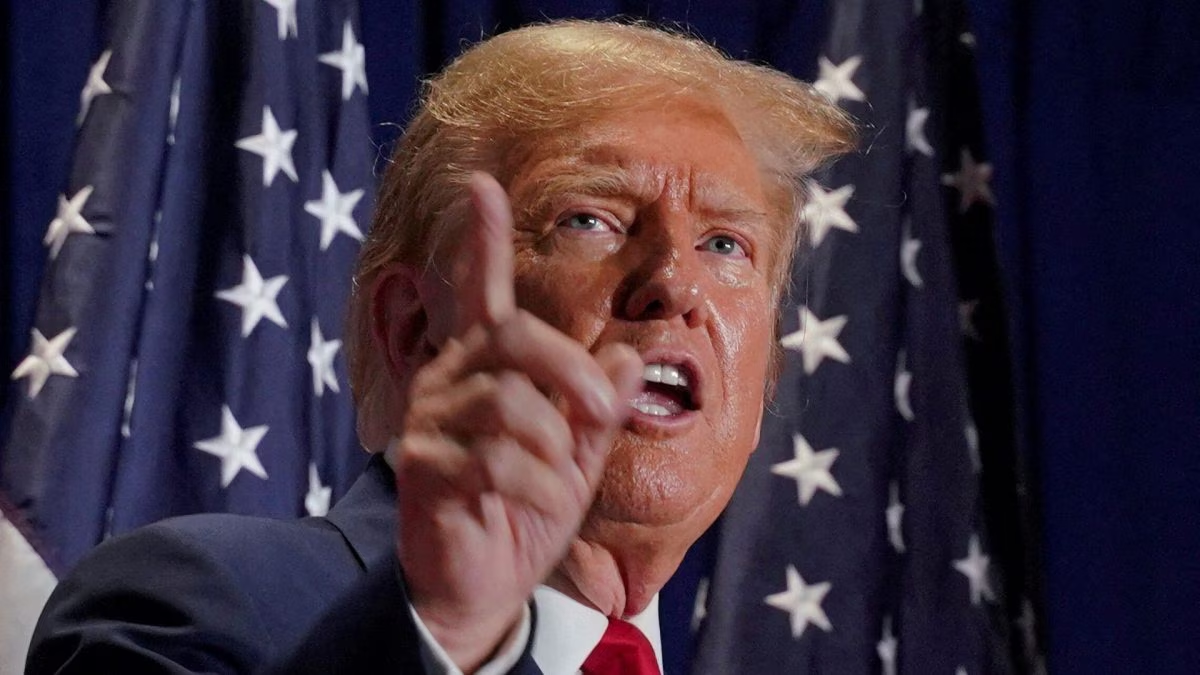On February 9, 2025, U.S. President Donald Trump reiterated his proposal for the United States to take control of the Gaza Strip. He emphasized a commitment to "buying and owning" Gaza, suggesting that while the U.S. would assume ownership, other Middle Eastern nations could participate in its reconstruction. Trump stated, "I'm committed to buying and owning Gaza. As far as us rebuilding it, we may give it to other states in the Middle East to build sections of it, other people may do it, through our auspices. But we're committed to owning it, taking it, and making sure that Hamas doesn't move back."
This proposal has sparked significant international debate. Critics argue that forcibly relocating Palestinians and altering Gaza's governance without their consent could violate international law and be perceived as ethnic cleansing. The United Nations and various human rights organizations have expressed concerns over the legality and ethical implications of such a plan.
Regional reactions have been mixed. Israeli Prime Minister Benjamin Netanyahu praised the initiative as "revolutionary" and "creative." In contrast, leaders from countries including Saudi Arabia, Egypt, Jordan, and Qatar have condemned the proposal, emphasizing the Palestinians' right to their homeland and rejecting any forced displacement. Saudi Arabia, in particular, expressed anger over suggestions that it could provide land for a new Palestinian state, reaffirming that Palestinians have a right to their own land.
The situation remains complex, with ongoing discussions about the future of Gaza and the broader Israeli-Palestinian conflict. President Trump's proposal marks a significant shift in U.S. policy in the region, but its implementation faces substantial legal, ethical, and diplomatic challenges.

.jpg)








